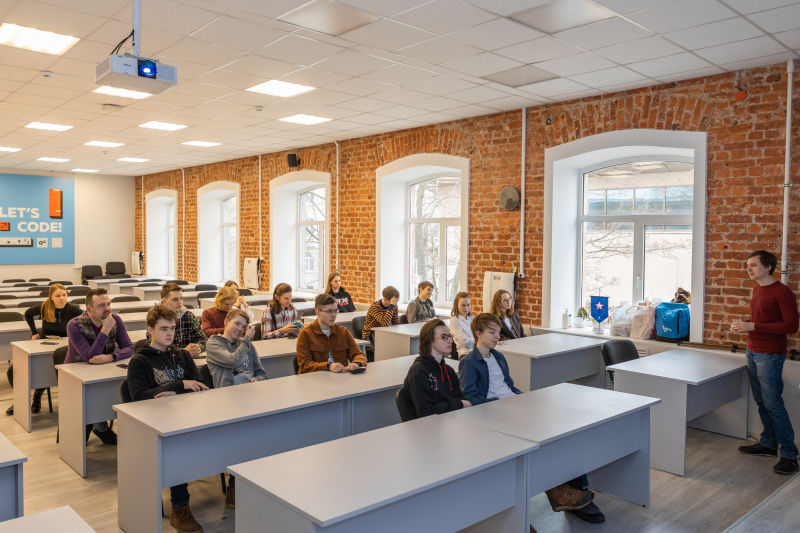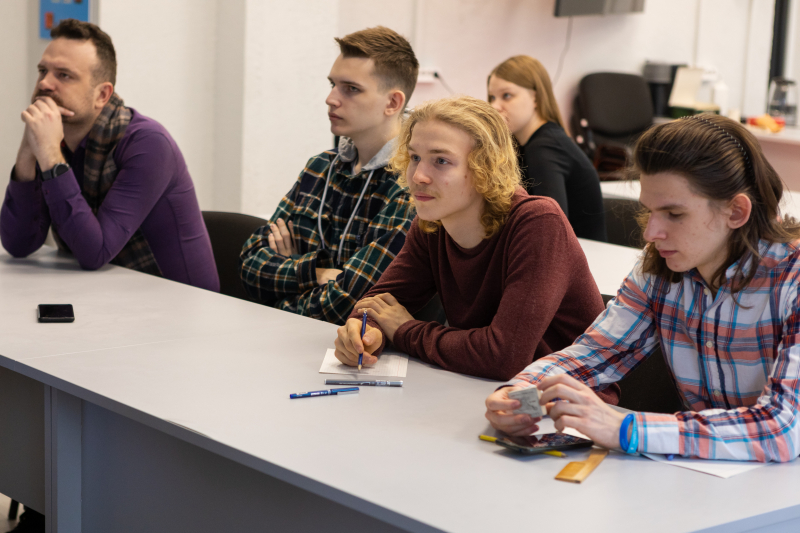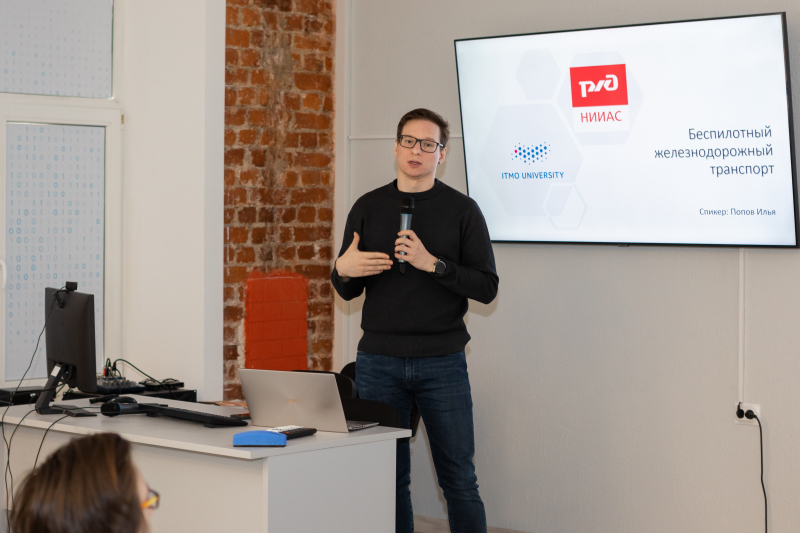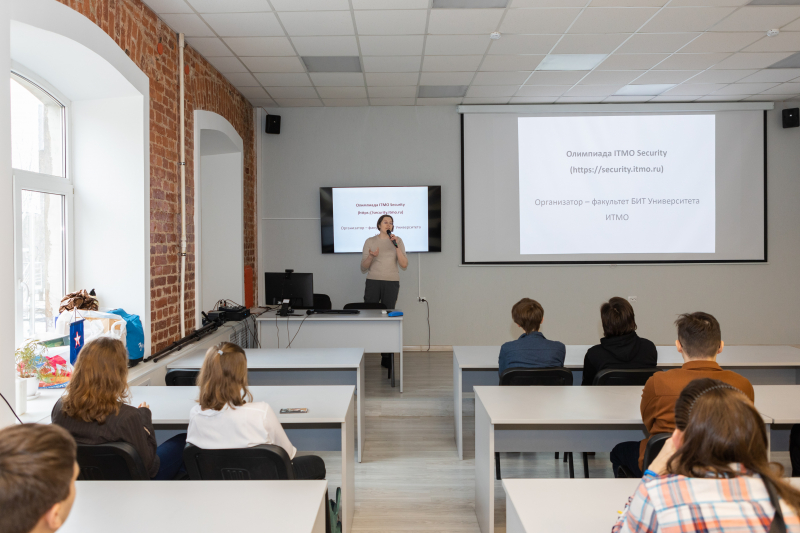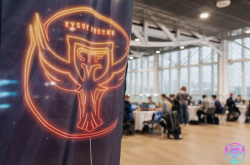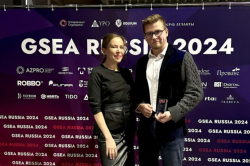This year, 2,700 school students from 74 Russian regions, as well as Belarus, Kazakhstan, Azerbaijan, Uzbekistan, and Poland took part in the Baltic Science and Engineering Competition, with 342 of them proceeding to the finals. Each participant had to submit a project within one of the 10 fields: engineering, mathematics, programming, robotics, physics, chemistry, biology, medicine, ecology, and Earth sciences. Some finalists defended their projects online, while others came to do it at Peter the Great St. Petersburg State Polytechnic University. The projects were evaluated by a committee of over 500 experts: lecturers, researchers, as well as representatives of major companies and universities, including ITMO.
“Our university and in particular the Faculty of Secure Information Technologies are allocating a lot of different resources towards working with school students, starting from the eighth grade. These days, when simply passing your Unified State Exam with full marks and entering a university is not enough, additional courses are especially important. We are looking for other competencies that school students have to acquire before they get into university. And the Baltic Competition promotes teamwork and extracurricular activities right in between school and university,” explains Danil Zakoldaev, the dean of the Faculty of Secure Information Technologies.
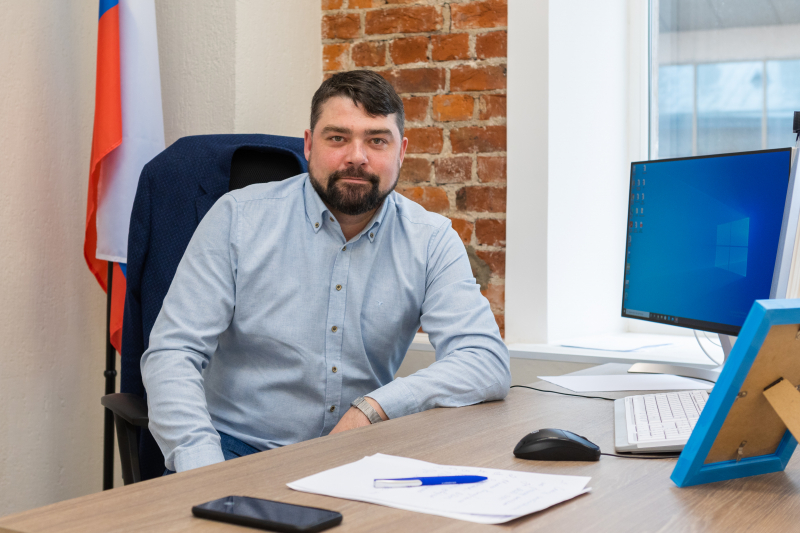
Danil Zakoldaev. Photo by Dmitry Grigoryev, ITMO.NEWS
Several lab tours were organized for the finalists, including a visit to ITMO’s International Scientific and Academic Center “Security and Safety for Critical Digital Technologies.” There, the 20 visiting participants learned more about the center’s projects and attended lectures on hacking. For instance, PhD students at the Faculty of Secure Information Technologies Mikhail Kalabishka and Vadim Davydov talked about their work at the Laboratory of Cryptographic Methods of Information Security. The young scientists study shorthand writing and digital watermarks, as well as classical and post-quantum cryptography (code, lattice-based, multivariate cryptography, etc.) to develop sustainable algorithms for quantum computers.
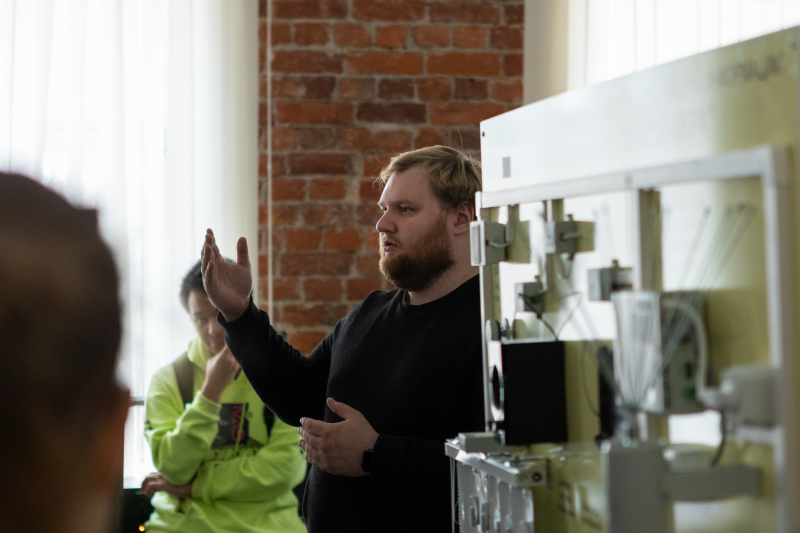
Mikhail Kalabishka presents the Laboratory of Cryptographic Methods of Information Security to the finalists. Photo by Dmitry Grigoryev, ITMO.NEWS
According to Sergey Bezzateev, the head of the laboratory, engaging talented school students in the lab’s initiatives will help promote the field’s development and establish collaborations with other educational organizations.
“The finalists’ projects are conducted on a high level, comparable to that of second- and third-year Bachelor’s students of classical mathematics. We will be happy to welcome such talents, especially given the launch of the Academic Degree Council for the fields of physics and mathematics in cryptography. Students with such a strong background in mathematics can also help stimulate new collaborations with the Steklov Mathematical Institute of the RAS and Chebyshev Laboratory,” adds Sergey Bezzattev.
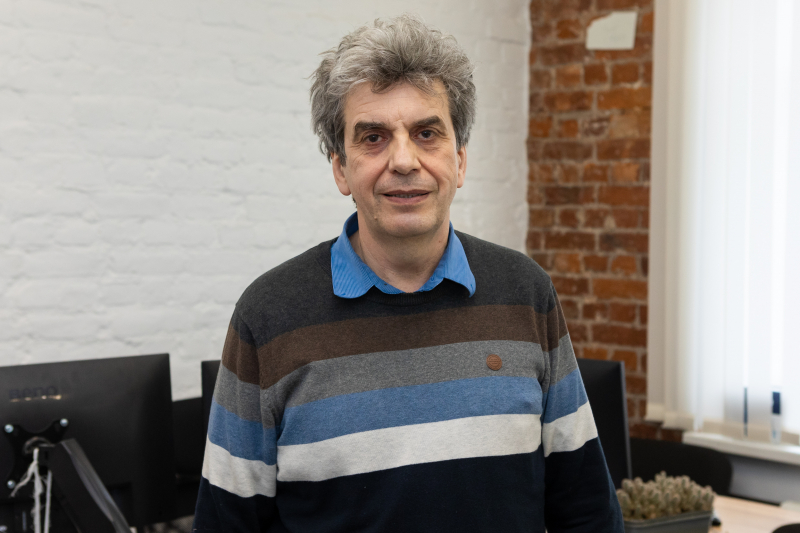
Sergey Bezzateev. Photo by Dmitry Grigoryev, ITMO.NEWS
Ilya Popov, the head of the Laboratory of Validation and Verification of Complex Technical Systems, talked about how the lab’s researchers are developing a driverless train in collaboration with the Research and Design Institute for Information Technology, Signaling and Telecommunications in Railway Transportation (JSC NIIAS).
The finalists also had the chance to attend a lecture on legal hacking given by Alexander Menshchikov, the head of the Cyber Testing Ground learning center. Contrary to stereotypes, there is more to an infosec specialist’s work than hacking. They often analyze vulnerabilities, develop new software, take part in security tests and investigations, as well as prevent cyberattacks.
In order to be successful in this field, specialists need to have various competencies, including in cryptography, reverse engineering, and web security. Alexander Menshchikov explained that there are several ways to acquire this knowledge. First of all, by taking part in cyber drills, during which they get to learn to identify attacks and stop them. Another option are CTF tournaments, where teams compete against each other and have to defend their servers while trying to capture those of their opponents. You can also take part in major contests, such as Black Hat, DEFCON, and ZeroNights, as well as bug bounty programs. In the latter case, companies allow IT specialists to legally break into their websites and software – and earn money for the vulnerabilities they discover. Sometimes, finding vulnerabilities can also get you into university, like it happened with Ilya Glebov, who discovered a vulnerability on VK and got into ITMO.
You can also get into university by taking part in various contests. Yulia Donetskaya, an associate professor at the Faculty of Secure Information Technologies, talked about the interregional mathematics and cryptography contest organized by the Institute of Cryptography, Telecommunications and Computer Science of the Academy of the Federal Security Service. The contests finals take place at ITMO and its winners will get maximum points for their Unified State Exam in math. Moreover, the faculty runs its own information security contest for school students called ITMO Security. Unlike other contests, in this one teams of three have to suggest complex solutions for specific problems, such as developing a secure parking system that allows cars to monitor their security and that of nearby cars. Winning teams will get bonus points when applying for the faculty’s educational programs.
We asked finalists of the Baltic Competition and students at the Laboratory of Continuous Mathematical Education about their impressions of the tour.
Alexander Travin
Alexander Travin. Photo by Dmitry Grigoryev, ITMO.NEWS 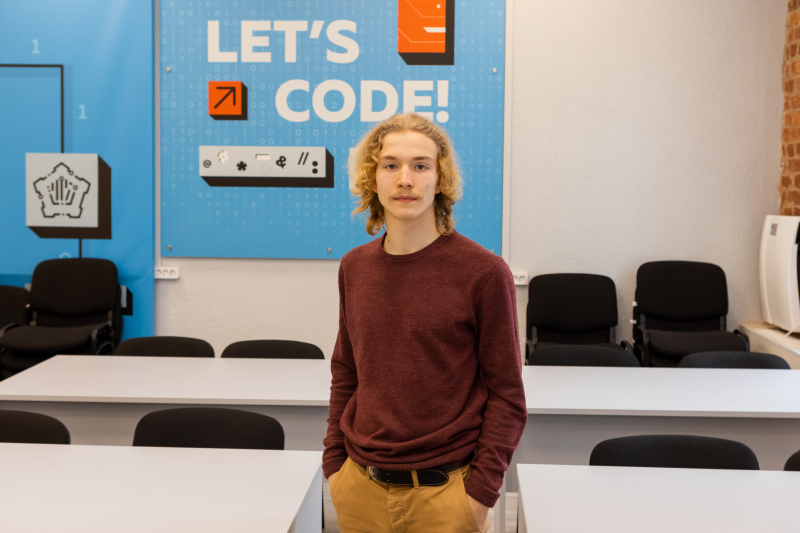
I really liked Alexander Menshchikov’s lecture on cybersecurity – I am familiar with the topic and I’ve already participated in bug bounty programs. It was nice to hear someone else talking about it. I also wanted to hear what actual specialists in the field have to say in answer to my questions. I know how to break into a system but I’ve yet to try and defend one.
Ekaterina Doynikova
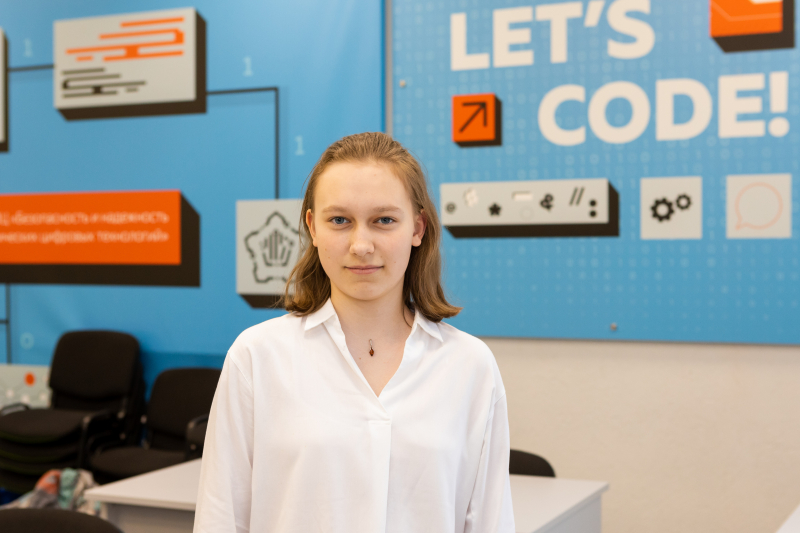
Ekaterina Doynikova. Photo by Dmitry Grigoryev, ITMO.NEWS
ITMO offered us interesting lectures on IT, which are especially beneficial for those who want to work in the field. I don’t know that much about hacking, so some general information on cybersecurity helped me delve deeper into this topic. I was also glad to learn more about the faculty’s activities before applying there.
